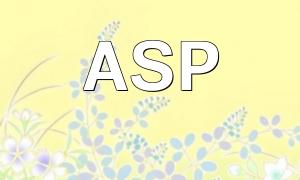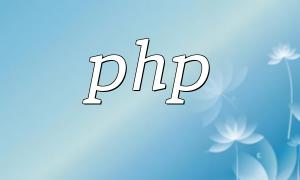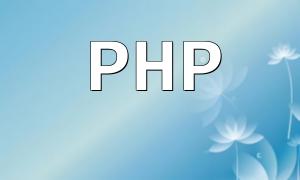PHP is an open-source, powerful scripting language widely used in web development. As internet technologies continue to evolve, PHP has become one of the most popular web development languages worldwide. Mastering PHP low-level development skills is essential for developers, as writing high-quality PHP code can reduce errors and ensure maintainability and scalability. This article discusses PHP coding standards and best practices to help developers improve their coding skills.
The PHP Framework Interop Group (PHP-FIG) has created a set of standards called PHP Standard Recommendations (PSR) to ensure consistency in PHP code across different teams and projects. Following these standards makes the code easier to read and maintain. Here are some of the most common PSR standards:
PSR-1: Basic coding standards, including file and class naming, file encoding, and indentation.
PSR-2: Code style standards, covering bracket positioning, line length, and indentation.
PSR-4: Autoloading standards, recommending the use of namespaces and file-system-based autoloading.
You can select the PSR standards that best suit your project needs to improve code quality.
There are several naming conventions in PHP that can significantly improve the readability and maintainability of code:
Adhering to these naming conventions makes your code easier to understand and keeps it consistent across the development community.
When you need to use the same code in multiple places, avoid copying and pasting. Instead, place the code in a separate file and include it using file inclusion (e.g., require_once). This reduces code duplication and makes maintenance and updates easier.
// Bad practice
function myFunc() {
// ... some code
}
myFunc();
myFunc();
myFunc();
// Good practice
// Define the myFunc function in a separate file
require_once 'myFunc.php';
myFunc();
myFunc();
myFunc();
Writing readable code is essential for improving collaboration and future maintenance. Here are some tips for writing more readable code:
// Bad practice
if ($x == 1) {
// ... some code
}
// Good practice
if ($x === 1) { // Use the strict equality operator
// ... some code
}
// Good practice
define('X_ONE', 1); // Use constants
if ($x === X_ONE) {
// ... some code
}
Avoid using die() or exit() to forcefully terminate the script when an error occurs. Instead, exceptions should be used to handle errors, making the code more flexible and fault-tolerant.
// Bad practice
function myFunc() {
if (!file_exists('myfile.txt')) {
die('File not found');
}
// ... some code
}
// Good practice
function myFunc() {
if (!file_exists('myfile.txt')) {
throw new Exception('File not found');
}
// ... some code
}
// Catching exceptions elsewhere
try {
myFunc();
} catch (Exception $e) {
echo $e->getMessage();
}
PHP provides many built-in functions that can simplify your code and improve its efficiency. Avoid implementing common functionality yourself and instead use PHP's built-in functions whenever possible.
// Bad practice
function myFunc() {
for ($i = 0; $i < count($myArray); $i++) {
// ... some code
}
}
// Good practice
function myFunc() {
foreach ($myArray as $value) {
// ... some code
}
}
Writing scalable code ensures that the system can handle future growth and new features. Here are some tips for writing scalable code:
Writing high-quality PHP low-level code is a crucial skill for every developer. It greatly improves the maintainability and scalability of your code. In addition to adhering to coding standards and best practices, continuous learning and keeping up with new technologies are essential. By continually improving your coding skills, you can become a proficient PHP developer.









